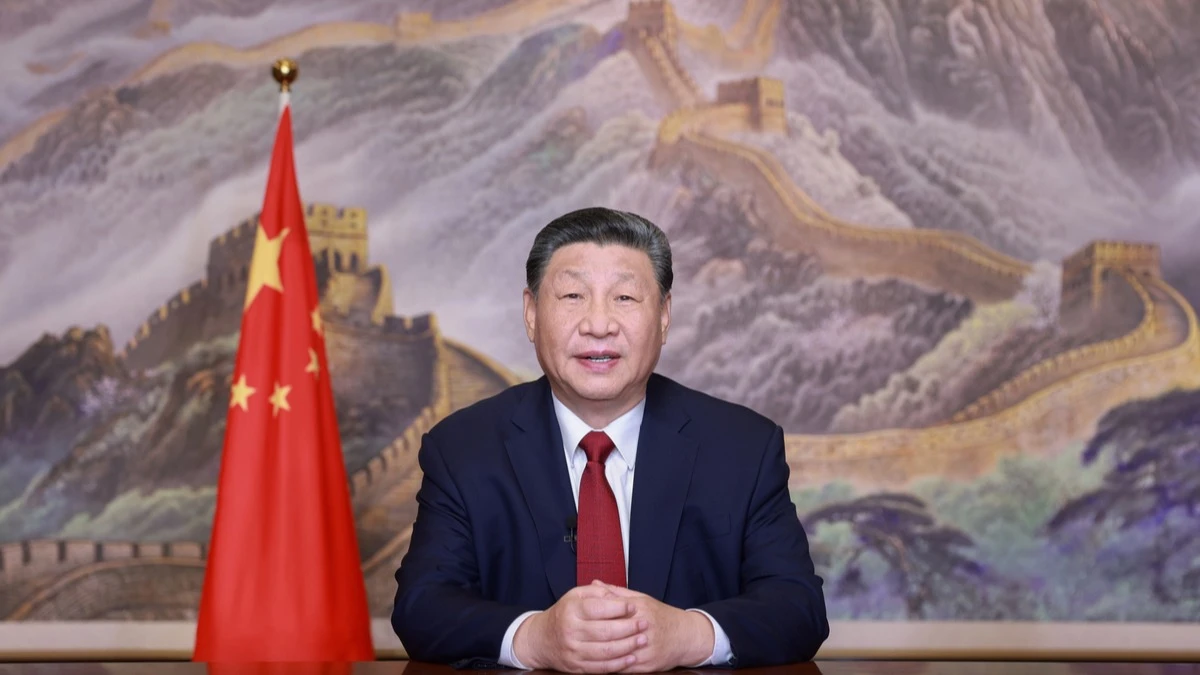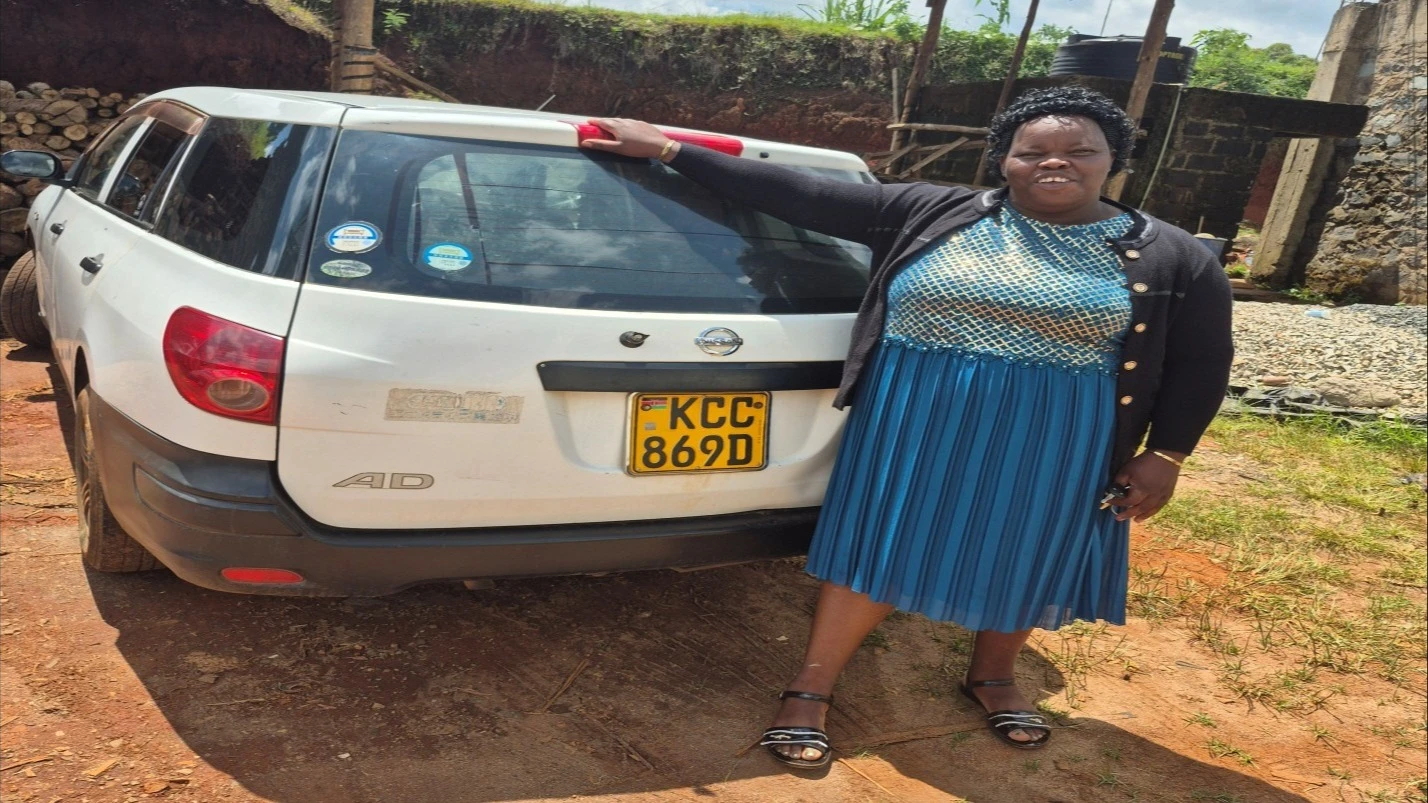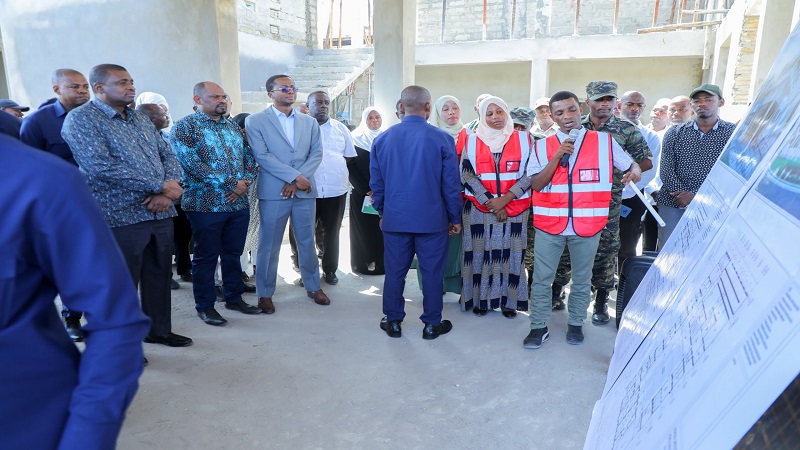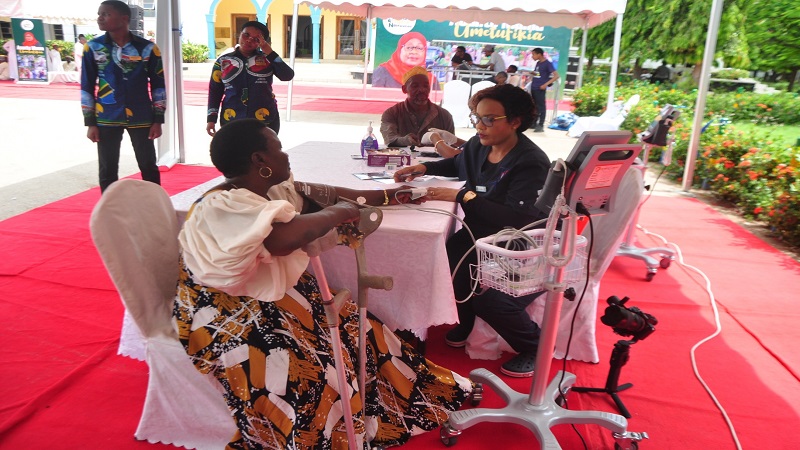OUT honours STEM educators with a vision for national education overhaul, improvement
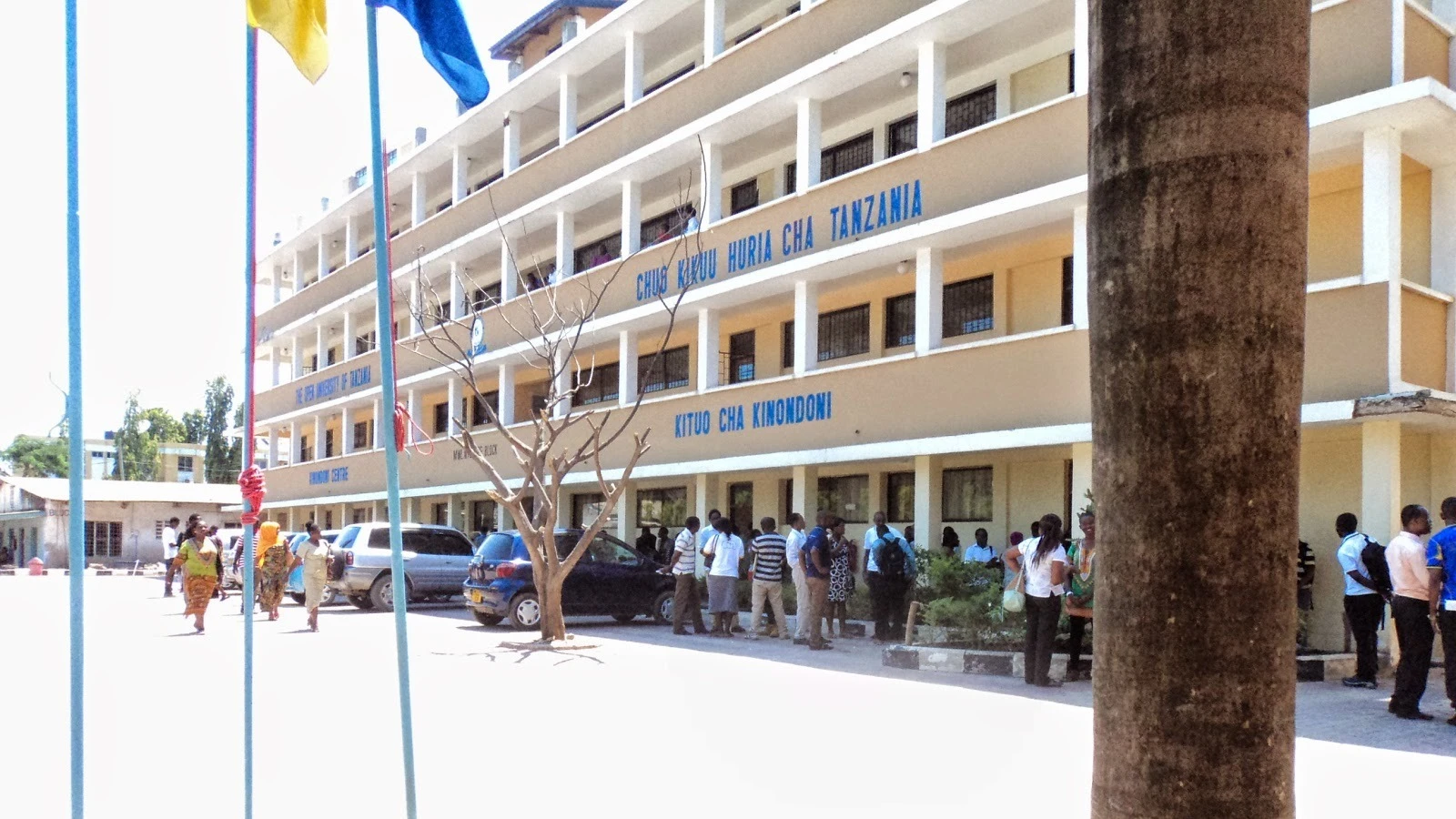
THE Open University of Tanzania (OUT) recently honored 76 teachers who completed an intensive professional development programme as part of the Collaborative Learning for STEM (CL4STEM) initiative.
The significant achievement is part of a national effort to improve the quality of Science, technology, engineering, and mathematics (STEM) education in Tanzania.
Teachers who were recognized have undergone specialized training that focuses on integrating modern teaching techniques and technology into STEM classrooms, ensuring that students across the country are equipped with the necessary skills to thrive in the digital age.
The event, held at OUT’s main campus, highlighted the ongoing transformation in Tanzanian education, particularly in STEM subjects, which have historically seen limited engagement compared to the arts and humanities.
The educators who graduated from the CL4STEM program represent a new wave of educators dedicated to making STEM learning more engaging, accessible, and effective for students.
The ceremony was attended by high-ranking officials from OUT, project leaders, and representatives from various educational organizations, all of whom praised the teachers for their commitment to educational excellence.
In his speech, the Vice-Chancellor of OUT, Prof Elifas Bisanda, expressed deep admiration for the teachers’ dedication.
“These educators are not only transforming the way STEM is taught but are helping to shape the future of our country by inspiring the next generation of innovators, scientists, and engineers,” he remarked.
He further emphasized the importance of continuing to push for innovation in education to ensure that students are prepared for the challenges of a rapidly evolving global economy.
The CL4STEM initiative, which is funded by the International Development Research Centre (IDRC) and the Global Partnership for Education Knowledge and Innovation Exchange (GPE-KIX), has proven to be a successful model in enhancing STEM education across Tanzania.
The program has allowed teachers to enhance their pedagogical skills, focusing on interactive teaching methods and critical thinking rather than traditional rote learning.
It aims to make STEM subjects more relatable to students, allowing them to see the practical applications of what they learn and how they can be used to address real-world problems.
For many of the teachers who participated, the program was a transformative experience. “I have learned to approach my teaching in a completely new way,” said Neema Joseph, a teacher from Iringa who took part in the program.
“The methods we were taught allow us to engage our students more effectively and show them how exciting STEM can be. Before, the subject seemed like a series of abstract concepts, but now it feels more tangible and accessible.”
The CL4STEM program also places a significant emphasis on gender equity, ensuring that both male and female students have equal opportunities to excel in STEM subjects.
In Tanzania, like many parts of the world, women have historically been underrepresented in the fields of science and technology.
The initiative works to create a more inclusive learning environment, encouraging girls to pursue and succeed in STEM subjects alongside their male counterparts.
Dr. Joyce Lugalla, project coordinator for CL4STEM at OUT, described the initiative as “a game-changer” for Tanzanian education. “We are seeing firsthand the impact this program is having not only on the teachers but also on their students,” she said, adding…
“Our goal is to inspire a love for STEM that goes beyond the classroom and encourages young people to pursue careers in these fields. The expansion of this program to schools in Iringa is just the beginning.”
The expansion of CL4STEM is set to reach 51 schools in the Iringa Region, where the initiative will train even more teachers, provide digital resources, and integrate the program into the national curriculum.
According to OUT, this is part of a broader vision to ensure that STEM education becomes a cornerstone of the national education strategy, offering students the tools they need to compete in a global marketplace.
This expansion also aligns with the Tanzanian government’s long-term goals of enhancing educational quality and providing more opportunities for youth in fields like technology, engineering, and mathematics.
As part of this expansion, the university plans to provide teachers with digital tools and resources that will help them stay up-to-date with the latest developments in STEM education.
By incorporating technology into the classroom, OUT hopes to inspire students to see the potential of these fields and motivate them to pursue further education and careers in STEM disciplines.
The long-term vision is to create a self-sustaining network of teachers who can share knowledge and experiences, building a national community of STEM educators.
The success of CL4STEM is also a testament to the power of collaboration. The initiative draws on the expertise of educators from India and Nigeria, who have worked closely with Tanzanian teachers to exchange ideas and best practices.
This international collaboration helps to ensure that the program remains responsive to local needs while also drawing on global insights into what works best in STEM education.
“The partnership between different countries and institutions has been crucial to the success of this program,” said Professor Bisanda.
“By sharing experiences and learning from each other, we can create a more holistic approach to STEM education that is both relevant and practical for our students. It is through these kinds of collaborations that we can hope to achieve real change in education.”
Looking to the future OUT is committed to continuing the expansion of the CL4STEM initiative and exploring new ways to improve STEM education across Tanzania.
The goal is to establish a model that can be replicated across the entire country, ensuring that every student, regardless of location, has access to high-quality STEM education.
The success of this program will not only impact individual students but will also contribute to the broader development of Tanzania as a nation, preparing its youth to take on the challenges and opportunities of the 21st century.
For many of the teachers involved in the program, the recognition ceremony was not just an opportunity to celebrate their achievements but also a reminder of the importance of their work in shaping the future of Tanzanian education.
“This program has given me the tools to be a better teacher,” said Hamisi Mussa, another teacher who completed the program. “But more importantly, it has allowed me to inspire my students to believe in themselves and the power of education.”
As the CL4STEM initiative continues to grow and evolve, it remains clear that the impact of these dedicated teachers will be felt for years to come.
Their efforts are creating a lasting impact, ensuring that the next generation of Tanzanian students is not only prepared for the challenges of a rapidly evolving world but is also empowered with the skills and knowledge required to excel in science, technology, engineering, and mathematics (STEM) fields.
This initiative offers students more than just academic success—it gives them a chance to thrive in an increasingly interconnected global economy. By equipping them with critical thinking, problem-solving, and technical expertise, these students are poised to lead in industries that are shaping the future.
Furthermore, these educational advancements provide them with the tools to address the complex issues facing their country and the world, from climate change to technological innovation.
The implications of this educational revolution are profound: it not only transforms individual lives but also strengthens the nation's economy and societal resilience, creating a generation capable of driving sustainable progress.
As these students step into the future, they carry with them the potential to reshape Tanzania's trajectory, proving that the foundation laid today will yield boundless opportunities tomorrow. The future is in their hands—ready to grasp it.
Top Headlines
© 2025 IPPMEDIA.COM. ALL RIGHTS RESERVED















